On December 18, 1992, the United Nations General Assembly declared the Minority Rights Day. Since that and every year, in different countries around the world, visibility and awareness activities have been carried out about being part of an ethnic, linguistic, religious or any type of minority. Today, 31 years later, from the wiki movement we want to take charge of the responsibilities that come with being a minority in the different dimensions of the global, regional and national context of users in a broad sense (and the broadest possible). In October 2023, a group of enthusiastic volunteer editors launched a project that emerged from the depths of the spirit of free knowledge: collaborative efforts to create a working group focused on this topic.
The initiative began in October. It was named at first Wiki Loves Minorities, however it was renamed to Wiki for Minorities (WfMin) as proposed by community members, who considered that the aspects to be covered with minorities go beyond a photography contest. This also brought about the inclusion of people with disabilities as an important part of the work.
The idea was conceived by José Ignacio Gallardo, pioneer in working with minorities in Chile. He is the leader of the project, and he provides support to many people that are involved with it in their countries. He is thus, the leading figure in the project. Another significant person in this initiative is Nikos Likomitros of Greece, who is in charge for the most of the promotion of the project, member of the diaspora working group and also provides support to the members involved. However, the soul of the project are all of it’s contributors, as all decisions are taken democratically. Thanks to the insight of our shipmates from all over the world many new projects came in fruition. In 8th November 2023 we made an online meeting with our Nigerian community to coordinate our work together.
One of our first achievements was a partnership with the Joint National Association of Persons with Disabilities Nigeria (JONAPDWS), where through this nationwide agreement, we can work collaboratively with this national umbrella organization and its partners in all Nigerian states. The challenges faced in Nigeria regarding visibility and awareness of disabilities must go hand in hand with free knowledge. Nigerian users have met with the local authorities of each state of this organization to attend events and activities in relation to disabilities and for their part, users organize activities within the movement to obtain more audiovisual content and articles on disability both in English as well as Igbo, Hausa, Fulfulde and Yoruba.
The Wiki for Minorities Project also sought to provide minorities in our societies a global voice and to raise significant awareness of their plight. It also aims to safeguard cultural rights and promote expressions of the tangible and intangible cultural heritage of marginalized groups, such as people with disabilities (PWDs). Thus, the partnership between JONAPWD and Wiki for Minorities would contribute to the advancement of the two organizations’ philosophies, visions, and missions in the public sphere.
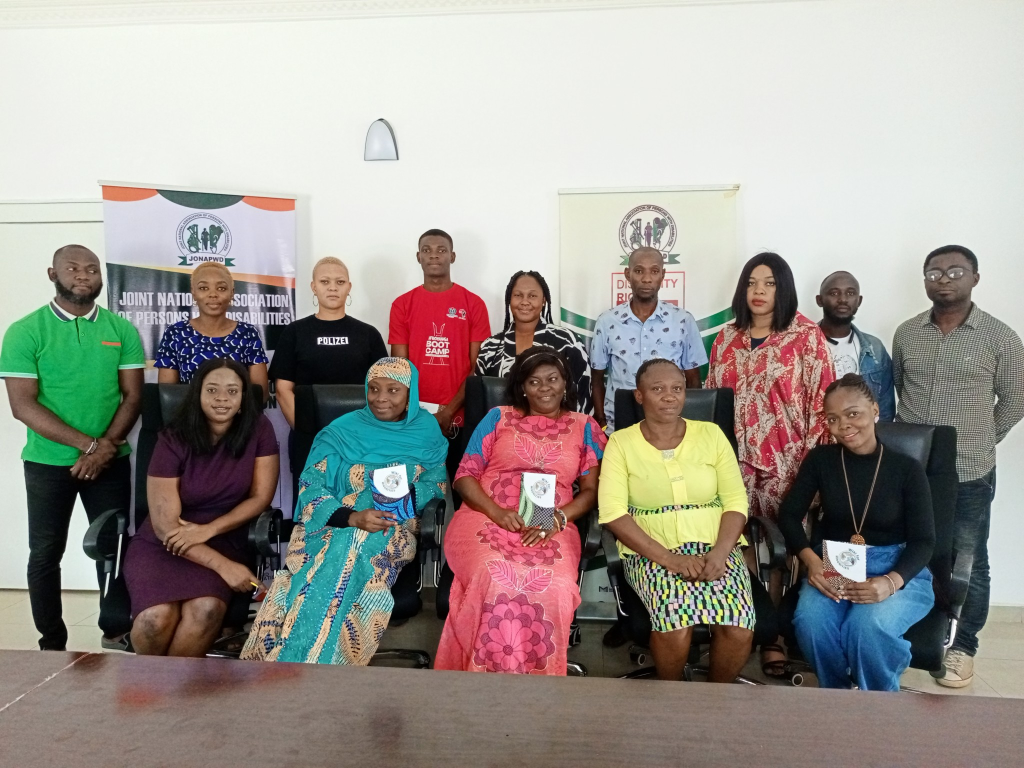
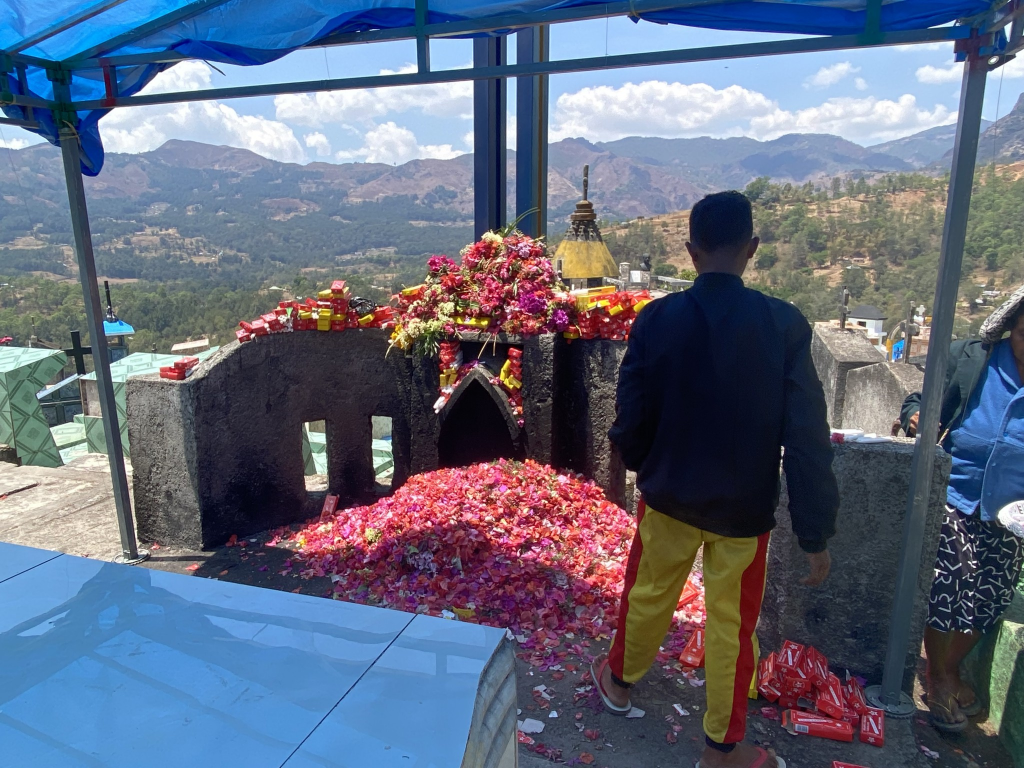
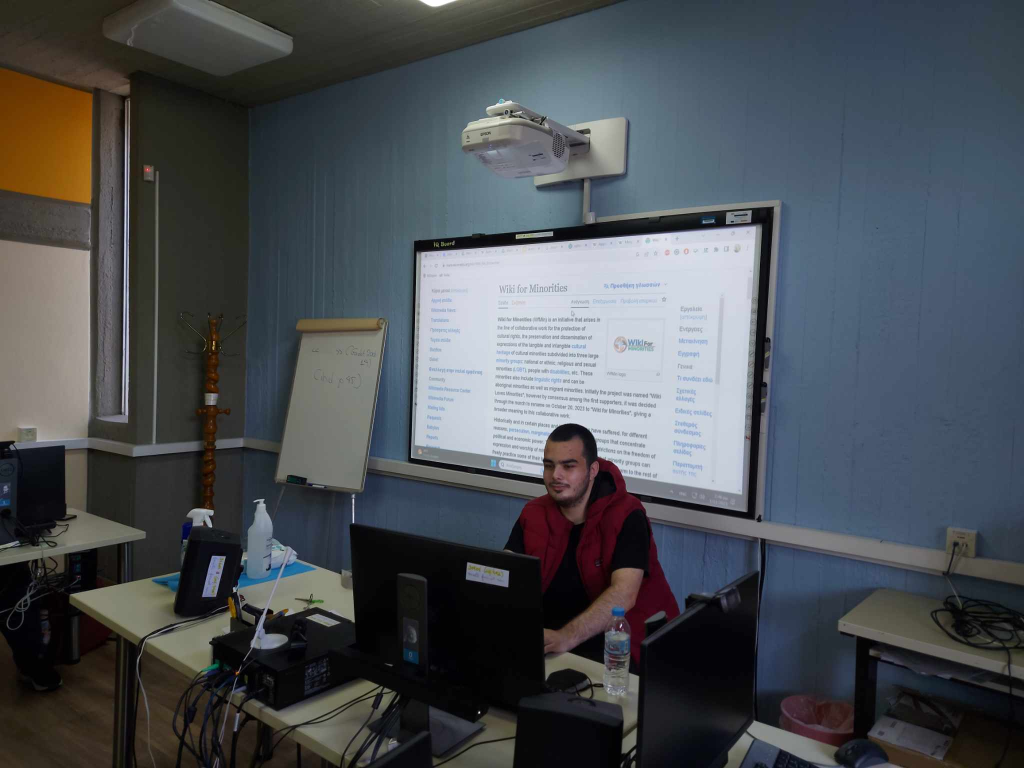
The first steps and initial phases of the initiatives that we were developing arose from discussion groups created for the occasion, where users from different parts of the world, mostly from developing or underdeveloped countries in Africa, Southeast Asia and South America, we share ideas and brainstorm to define our lines of work, analyze and evaluate the initial proposed theoretical framework and put these ideas into practice to achieve the first goals.
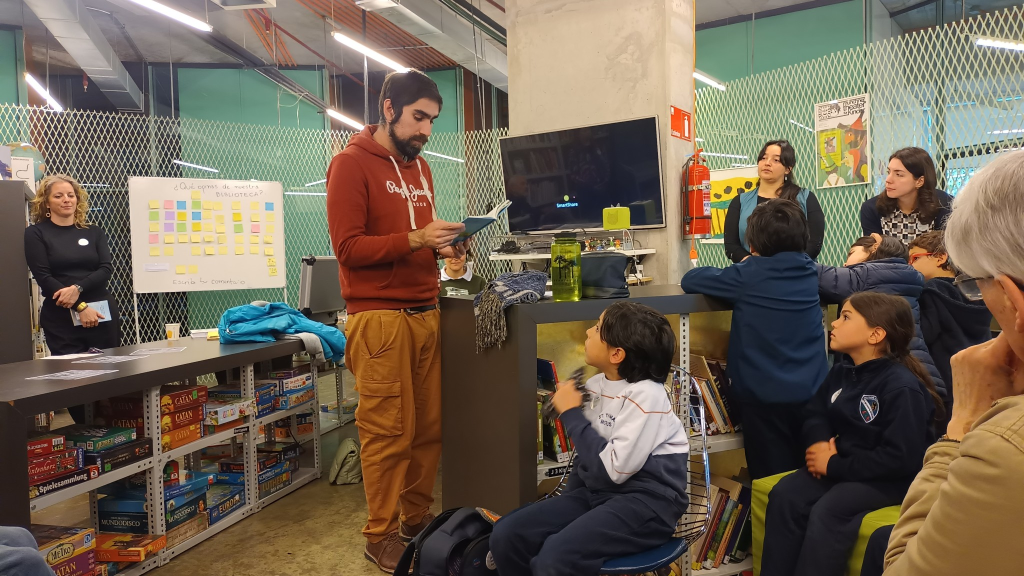
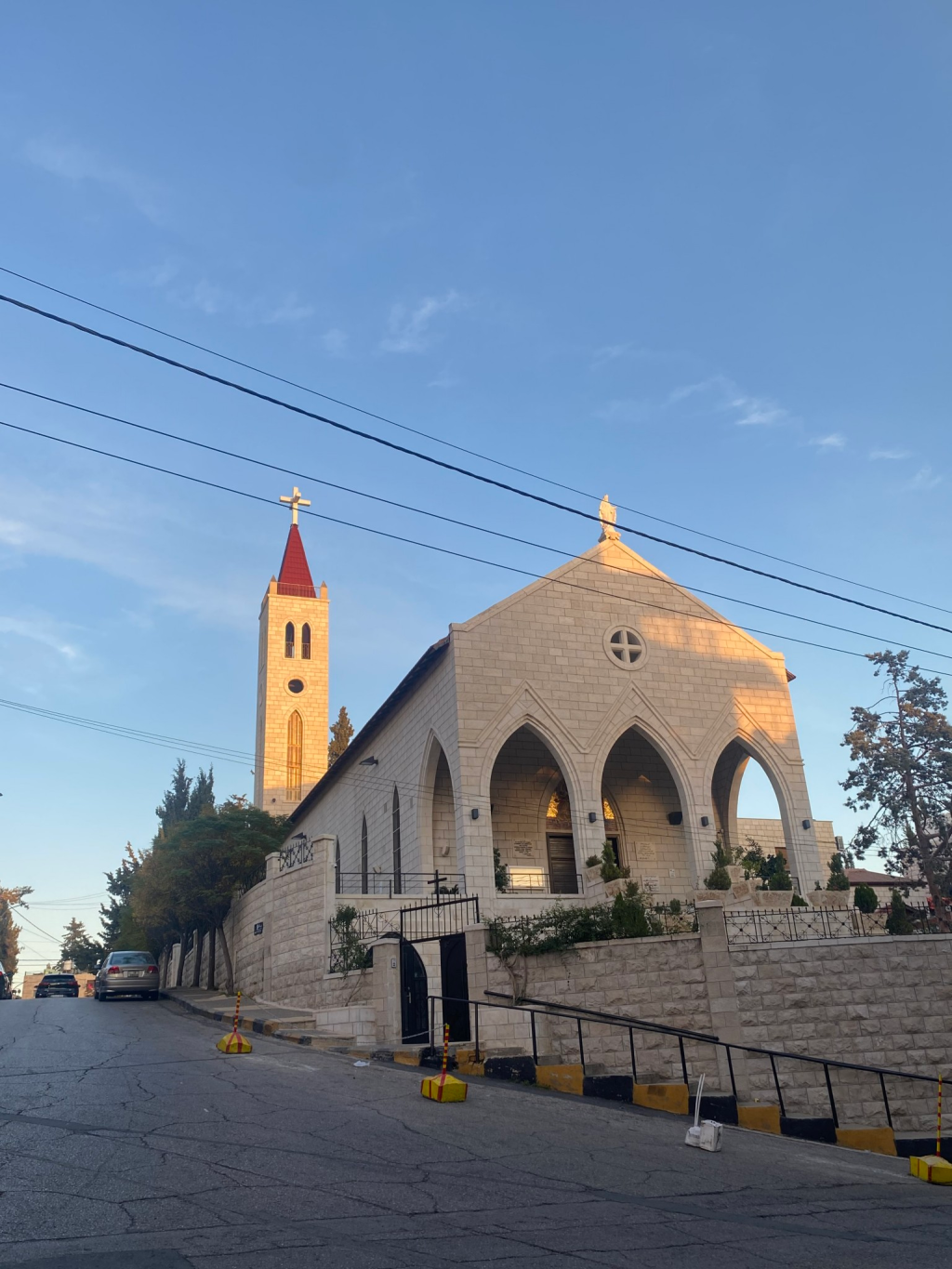
The initial proposal was subdivided into three areas of work or programs, using a play on the word with Ties, to highlight the need to create ties, greater interactions and connect minorities in their environments. They are the following:
- Minori-Ties: to work on ethnic, linguistic minorities and diasporas abroad.
- Spirituali-Ties: Encompasses work on religious minorities and underrepresented spiritualities.
- Disabili-Ties: to create visibility and awareness about people with disabilities as part of a minority in a social group
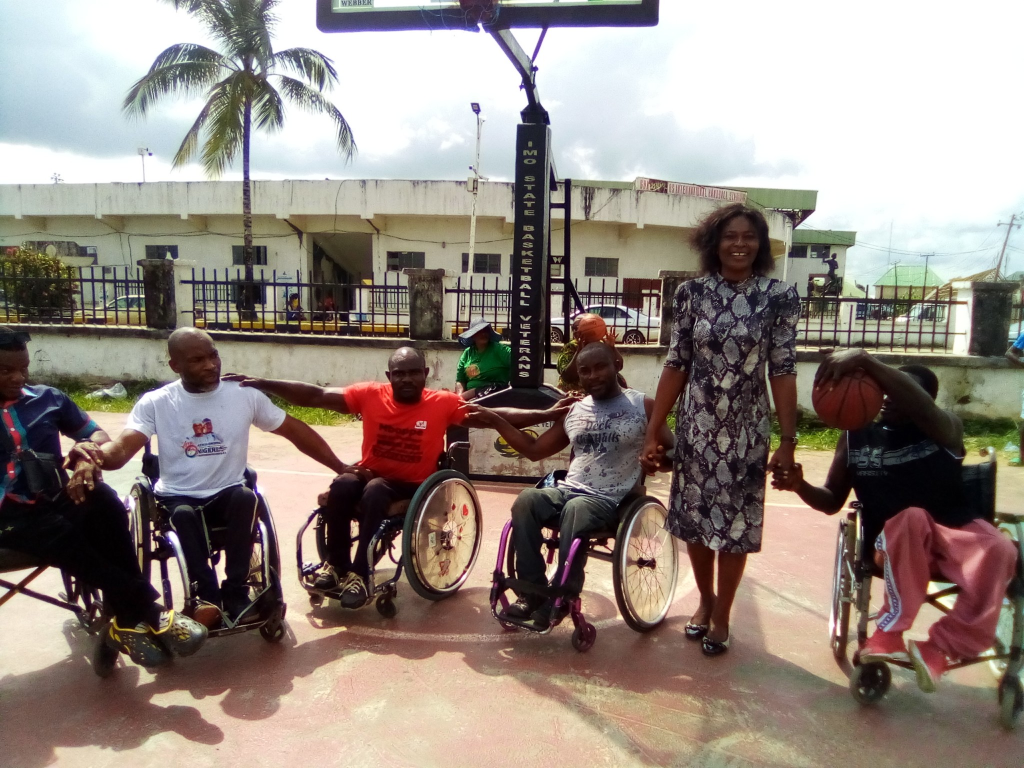
The holistic approach has not only helped us execute activities with dynamism and versatility, but it has also allowed us to connect different aspects of minorities that intersect, for example, a group of people belonging to an ethnic and religious minority and also with some disability.
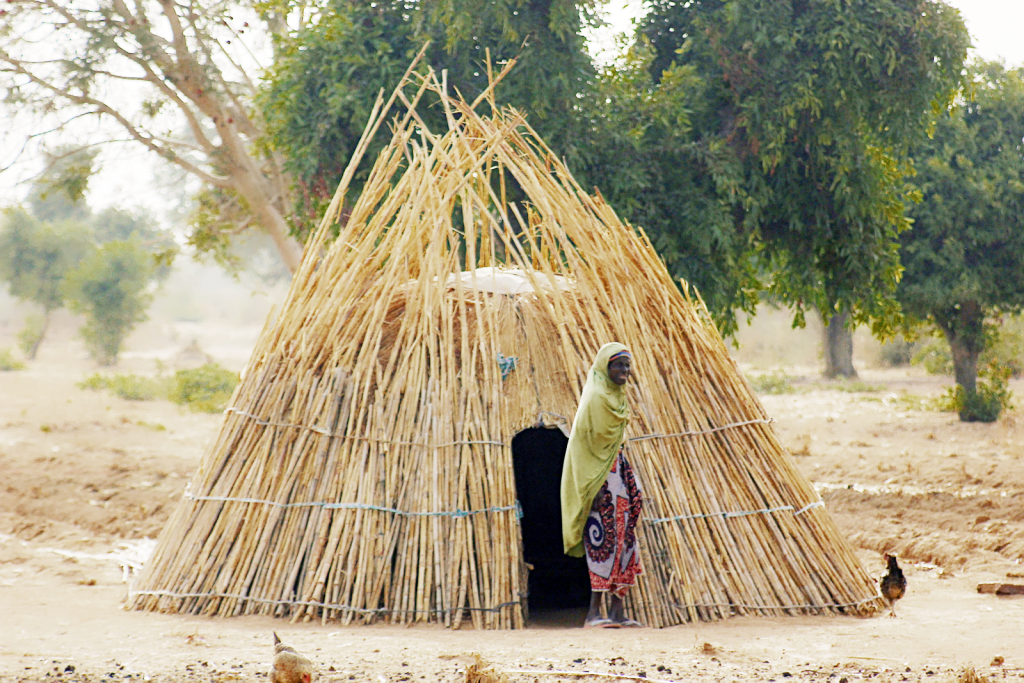
Although the idea was conceived and initiated not in industrialized countries, with 100% voluntary work combining the efforts of each of those involved, we believe that it is possible to replicate it in each of the countries where the wiki movement is present. In all countries of the world it is possible to see minority groups that have been historically marginalized and persecuted, disadvantaged groups of aboriginals and migrants who preserve their own cultural heritage and have the right to do so. Our collaborative work is also at the same time a call for peace, tolerance, respect and equality between the different human groups that make up a society, free of any kind of supremacism and promoting social inclusion and peaceful interaction between different groups, accepting our differences that do not harm others.

Can you help us translate this article?
In order for this article to reach as many people as possible we would like your help. Can you translate this article to get the message out?
Start translation